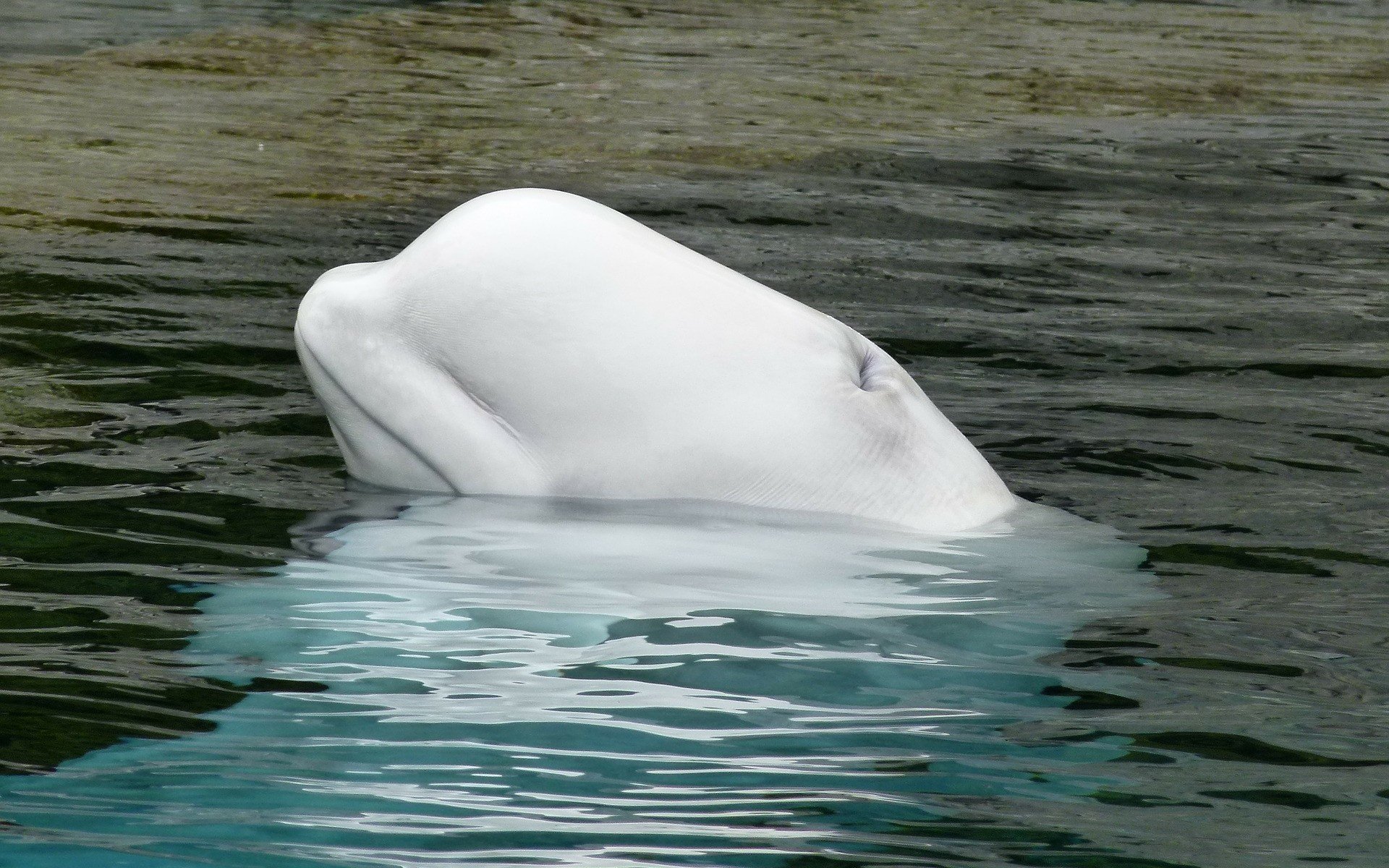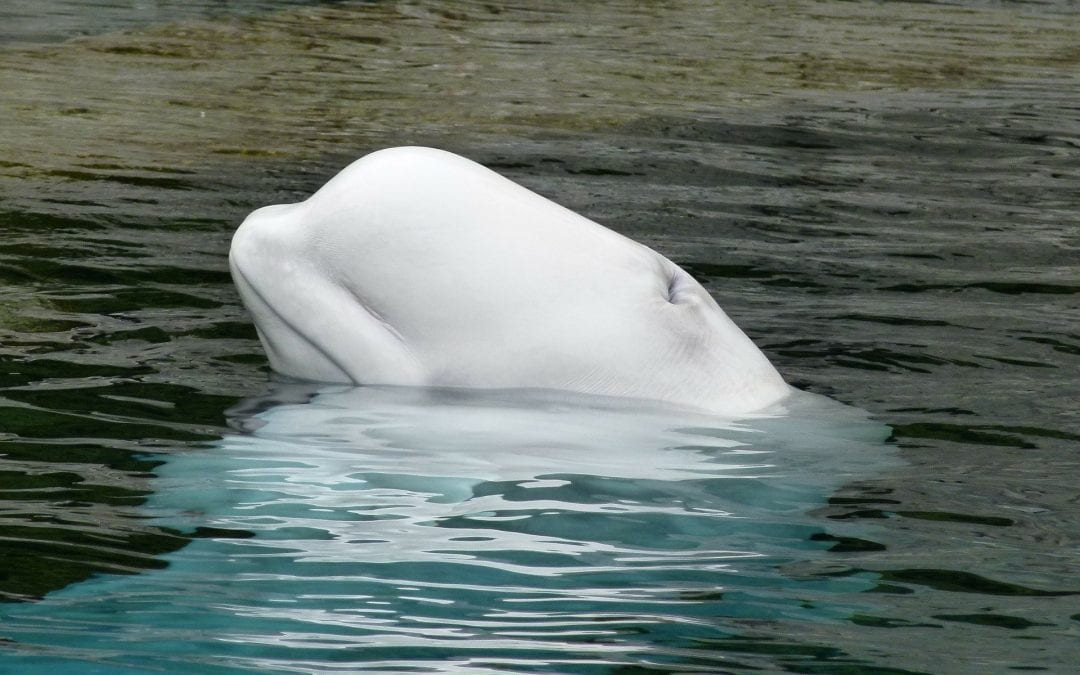
Besides humans, the species presently known to experience menopause are on the whole toothed whales – belugas, narwhals, killer whales and short-finned pilot whales.
The new study, by the Universities of Exeter and York and the Center for Whale Research, suggests menopause has evolved independently in three whale species. The new investigation, by the colleges of Exeter and York and the Center for Whale Research, recommends menopause has advanced autonomously in three whale species.
First author Dr. Sam Ellis, of the University of Exeter, said, “For to make sense in evolutionary terms, a species needs both a reason to stop reproducing and a reason to live on afterward.”
“In killer whales, the reason to stop comes because both male and female offspring stay with their mothers for life – so as female ages, her group contains more and more of her children and grandchildren. This increasing relatedness means that, if she keeps having young, they compete with her own direct descendants for resources such as food.”
“The reason to continue living is that older females are of great benefit to their offspring and grand-offspring. For example, their knowledge of where to find food helps groups survive.”
Scientists examined dead whales of 16 different species. They found dormant ovaries in older beluga and narwhal females. Based on the findings, the researchers predict that these species have social structures which – as with killer whales – mean females find themselves living among more and more close relatives as they age.
Senior author Professor Darren Croft said: “It’s hard to study human behavior in the modern world because it’s so far removed from the conditions our ancestors lived in.
“Looking at other species like these toothed whales can help us establish how this unusual reproductive strategy has evolved.”
Although individuals of many species may fail to reproduce late in life, the researchers looked for evidence of an “evolved strategy” where females had a significant post-reproductive lifespan.
The paper is published in the journal Scientific Reports.
The post Scientists have discovered animals that experience menopause appeared first on Tech Explorist
This content was originally published here.







